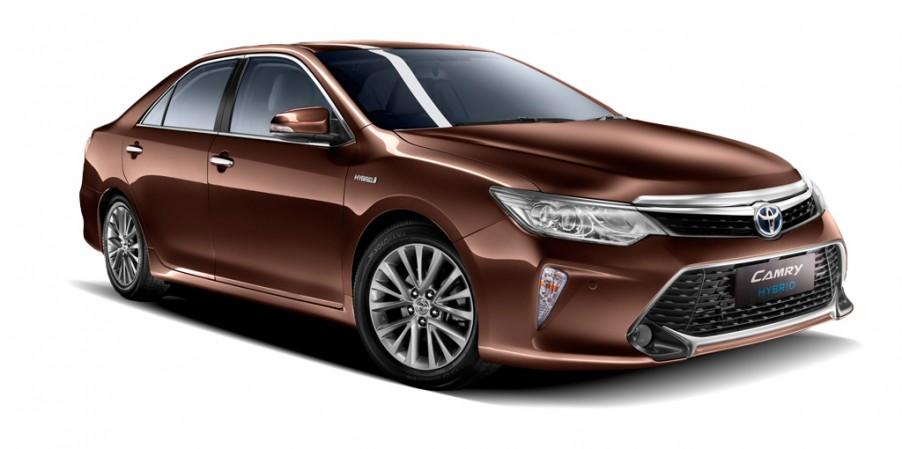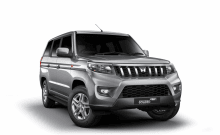With the government showing no interest to roll back the Goods and Services Tax (GST) on hybrid cars in India, carmakers are slowly coming to the realisation that the only route available for them at the moment is to drive out of the country. Toyota Kirloskar Motor has reportedly halted the production of Camry hybrid at its dedicated Bengaluru assembly line after the demand for the model took a hit owing to GST and additional cess.
A report of ET Auto claims that the Camry hybrid has not been in production since September as the sales of the sedan fell by 73 percent as against the corresponding month a year ago. Under GST, the central government has levied the highest tax rate on hybrid vehicles. Hybrid vehicles attract a total levy of 43 percent (28 percent tax and 15 percent cess).
Although there was little hope that the tax structure will be relaxed after concerns were raised from different quarters, it seems to be a distant dream for now. "We don't have a business case to persuade our parent company in Japan to step up investments on hybrids in Bengaluru, given the punitive tax structure," said Shekar Viswanathan, VC of Toyota Kirloskar Motor.

Launched in 2013, the Toyota Camry hybrid was the first hybrid model of the Japanese carmaker to be locally assembled at its Bengaluru plant. It saw an overwhelming demand in the market that even forced the company to drop the production of its regular petrol models. Also, the company invested Rs 15 crore in the dedicated assembly line in addition to Rs 24 crore on training, publicity and service.
However, the change in the tax structure had an effect on the price of the models like Camry hybrid and thereby put an end to what was truly a developing story. From the previous Rs 32 lakh in Delhi, the Camry hybrid price shot up to Rs 36 lakh.
Initially, Toyota had plans of bringing to India a range of hybrid cars. That thought has since been put in cold storage given that the models continue to witness sluggish demand owing to its increased pricing.
"We wanted to assemble more hybrids that behave like an electric vehicle," Viswanathan said. "We put an internal combustion engine only to remove any possible range anxiety in users."











![BJP fields Tashi Gyalson for Ladakh; drops sitting MP [details]](https://data1.ibtimes.co.in/en/full/797185/bjp-fields-tashi-gyalson-ladakh-drops-sitting-mp-details.jpg?w=220&h=138)



